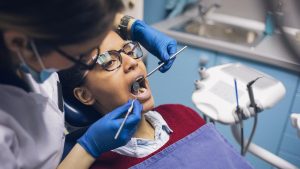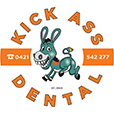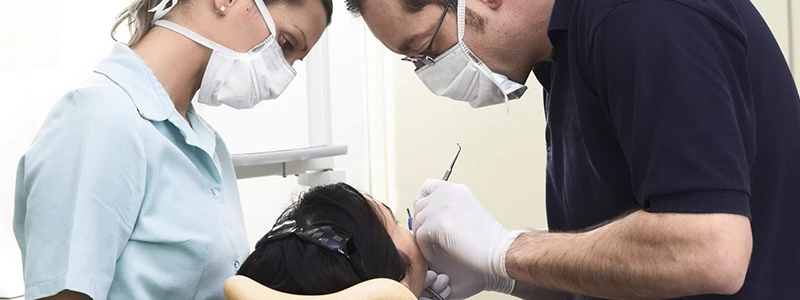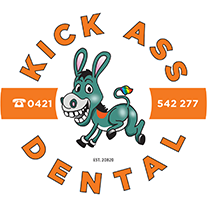How do Dentists Work in Australia?

Introduction
Dentistry is a branch of medicine that focuses on the diagnosis, prevention, and treatment of oral diseases and disorders. In Australia, dentists play an essential role in maintaining the oral health of the population. They work to prevent and treat a range of dental problems, from cavities and gum disease to oral cancer.
Education and Training
To become a dentist in Australia, one must complete a Bachelor of Dental Surgery or an equivalent degree from a recognized university. After completing the undergraduate degree, dentists must also undergo supervised clinical training for at least one year. This training is necessary to gain practical experience and to develop essential skills in clinical practice.
Registration and Accreditation
Dentists in Australia must be registered with the Dental Board of Australia to practice legally. This registration process ensures that dentists meet the minimum standards of competence and professionalism required to practice dentistry. In addition, dentists may choose to become accredited by the Australian Dental Council (ADC) to demonstrate their competence in specific areas of dentistry.

Role and Responsibilities
Dentists in Australia have a broad range of responsibilities, including:
Diagnosis and Treatment of Dental Problems
Dentists are responsible for diagnosing and treating dental problems, such as cavities, gum disease, and oral cancer. They use a range of diagnostic tools, such as X-rays, to identify dental issues and develop treatment plans tailored to the needs of each patient.
Prevention of Dental Problems
Dentists also work to prevent dental problems by educating patients on proper oral hygiene practices, such as brushing and flossing. They may also recommend fluoride treatments and dental sealants to prevent cavities.
Restoration of Teeth and Gums
Dentists also restore damaged teeth and gums through procedures such as fillings, root canals, and gum surgery. They may also provide cosmetic services, such as teeth whitening and veneers, to improve the appearance of a patient’s smile.
Management of Dental Emergencies
Dentists may also be called upon to manage dental emergencies, such as toothaches, broken teeth, and oral infections. They may prescribe medications or provide emergency dental procedures to alleviate pain and prevent further damage.
Working Conditions
Dentists in Australia typically work in private practices, hospitals, and community health centers. They may work full-time or part-time, and their schedules may include evenings and weekends to accommodate patient needs.
Tools and Equipment
Dentists use a range of tools and equipment to perform their work, including dental chairs, hand-held instruments, X-ray machines, and dental lasers. They also use protective gear, such as gloves and masks, to ensure the safety of themselves and their patients.
Collaboration with Other Healthcare Professionals
Dentists in Australia may also collaborate with other healthcare professionals, such as orthodontists, oral surgeons, and periodontists, to provide comprehensive care for their patients. They may also work with dental hygienists and dental assistants to provide efficient and effective dental services.
Conclusion
Dentists play an important role in maintaining the oral health of the population in Australia. They undergo extensive education and training to gain the skills and knowledge necessary to diagnose, prevent, and treat a range of dental problems. Through their work, dentists help their patients achieve healthy and beautiful smiles while promoting overall health and well-being. For a website designer see here





